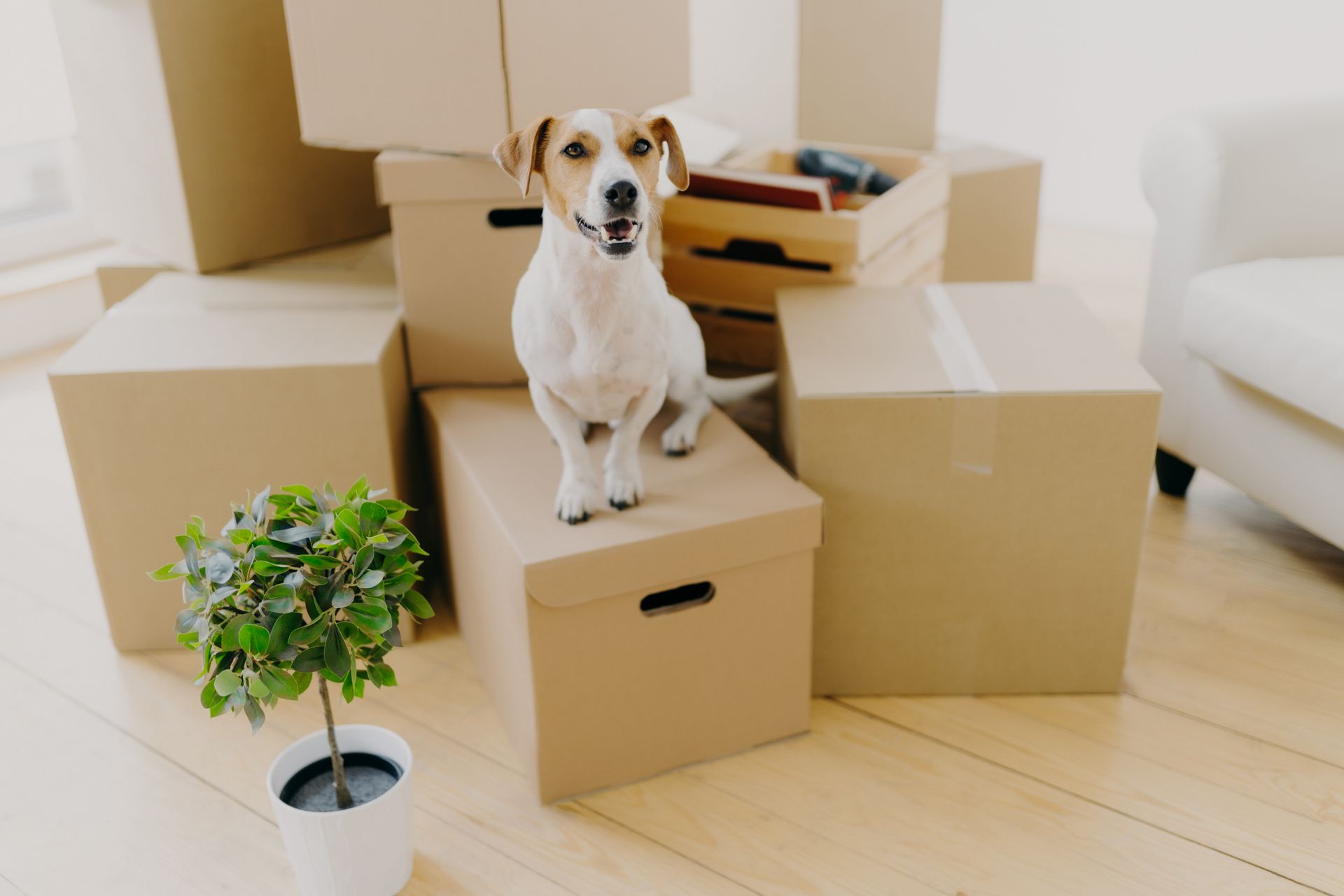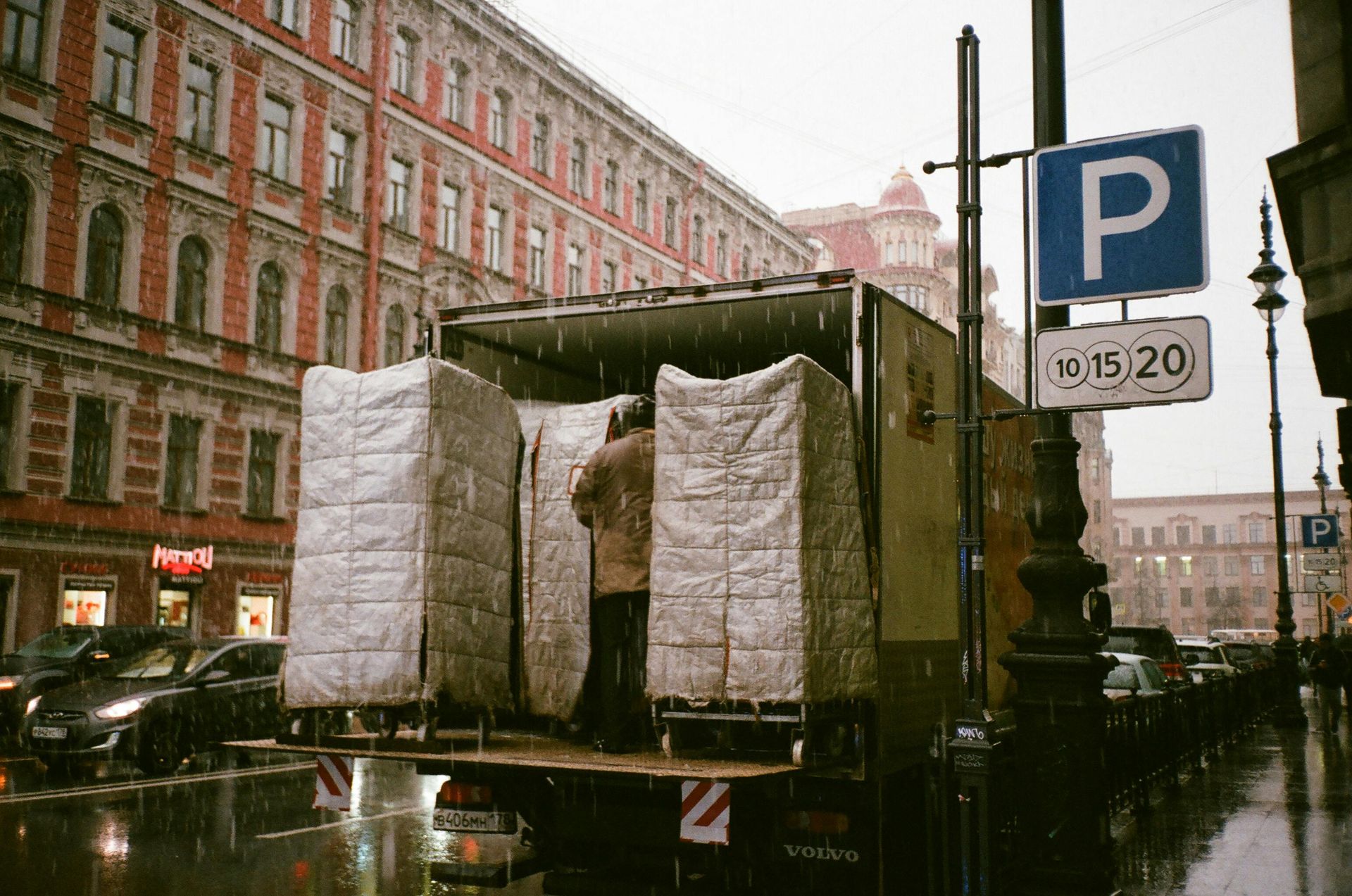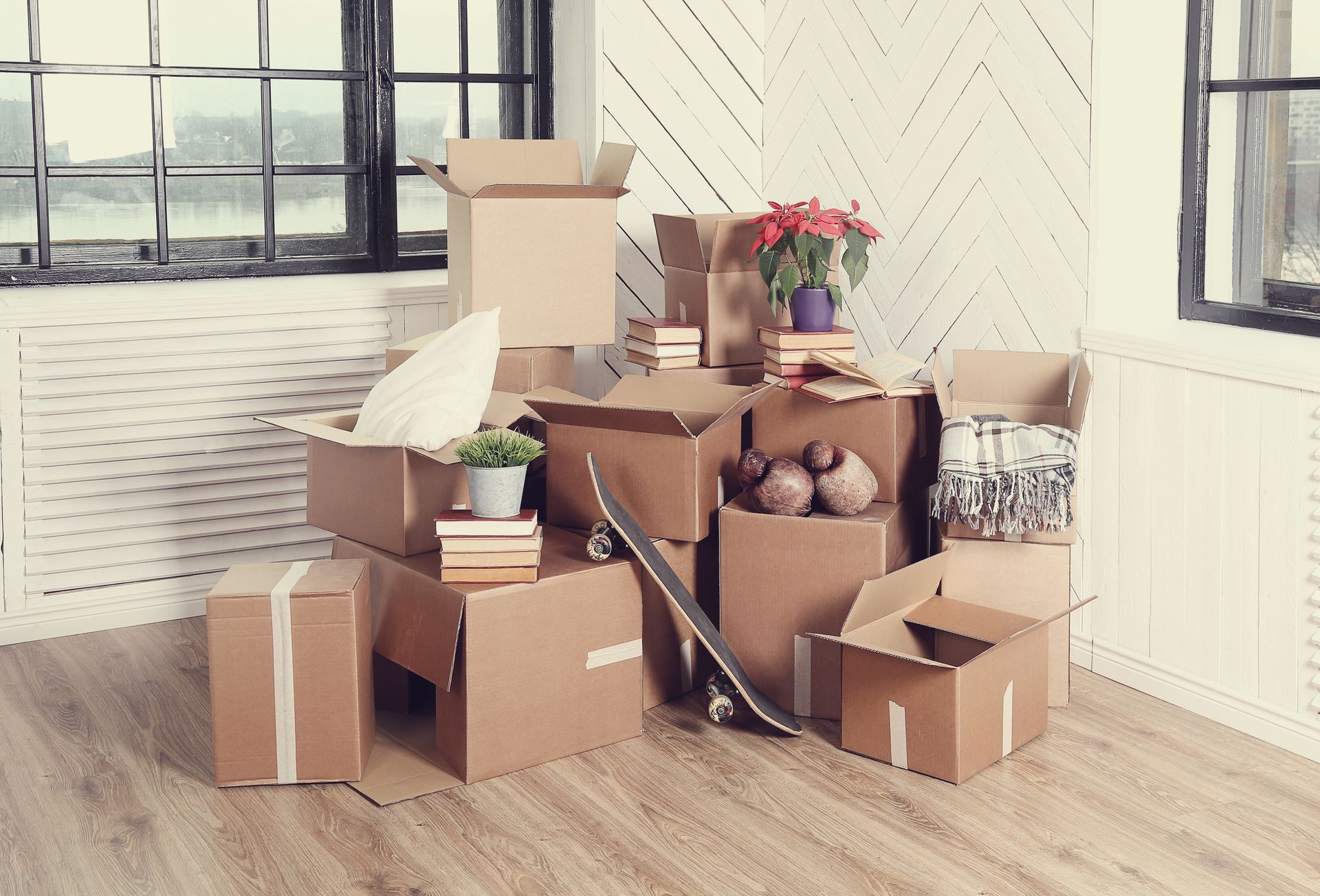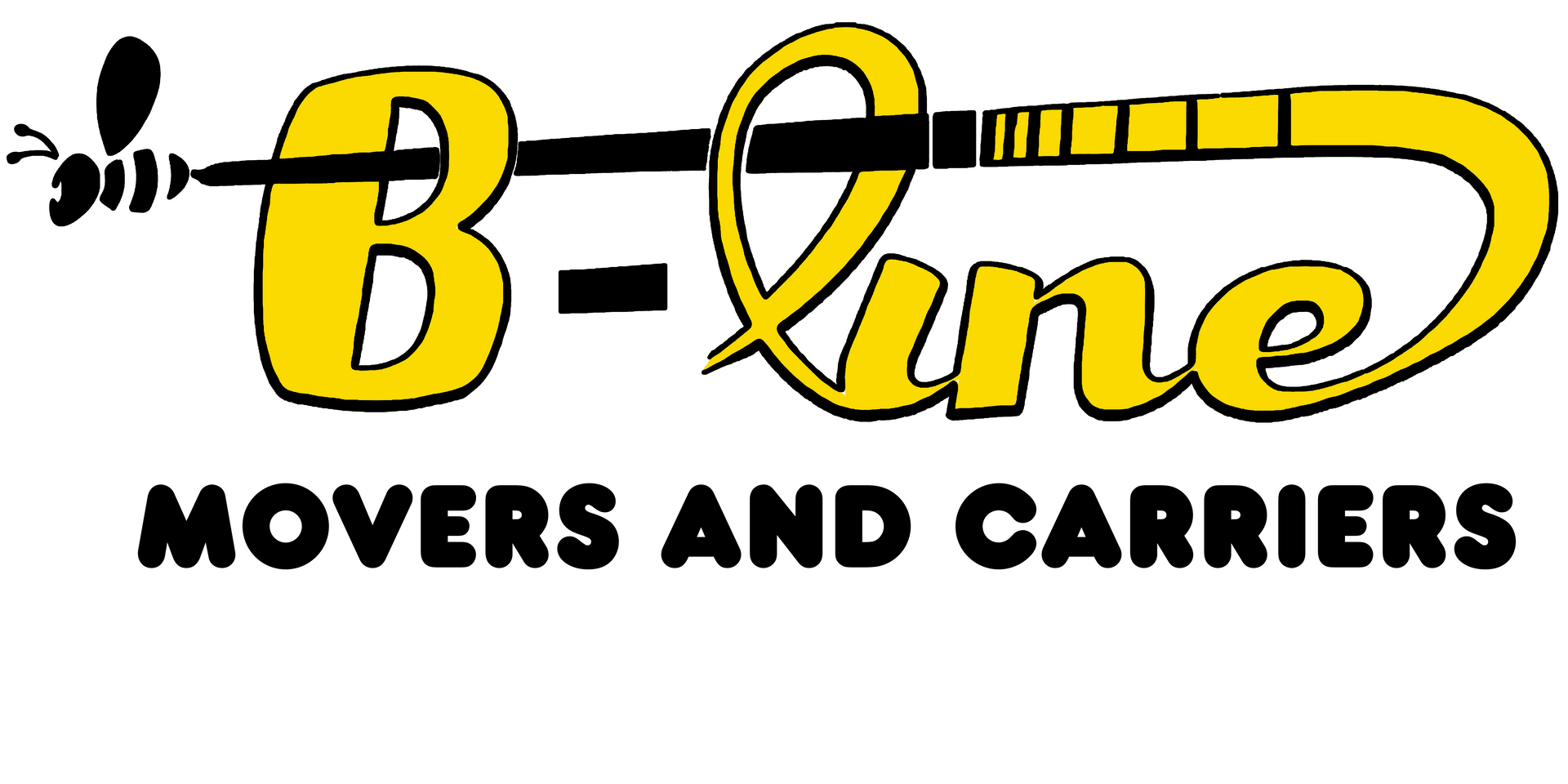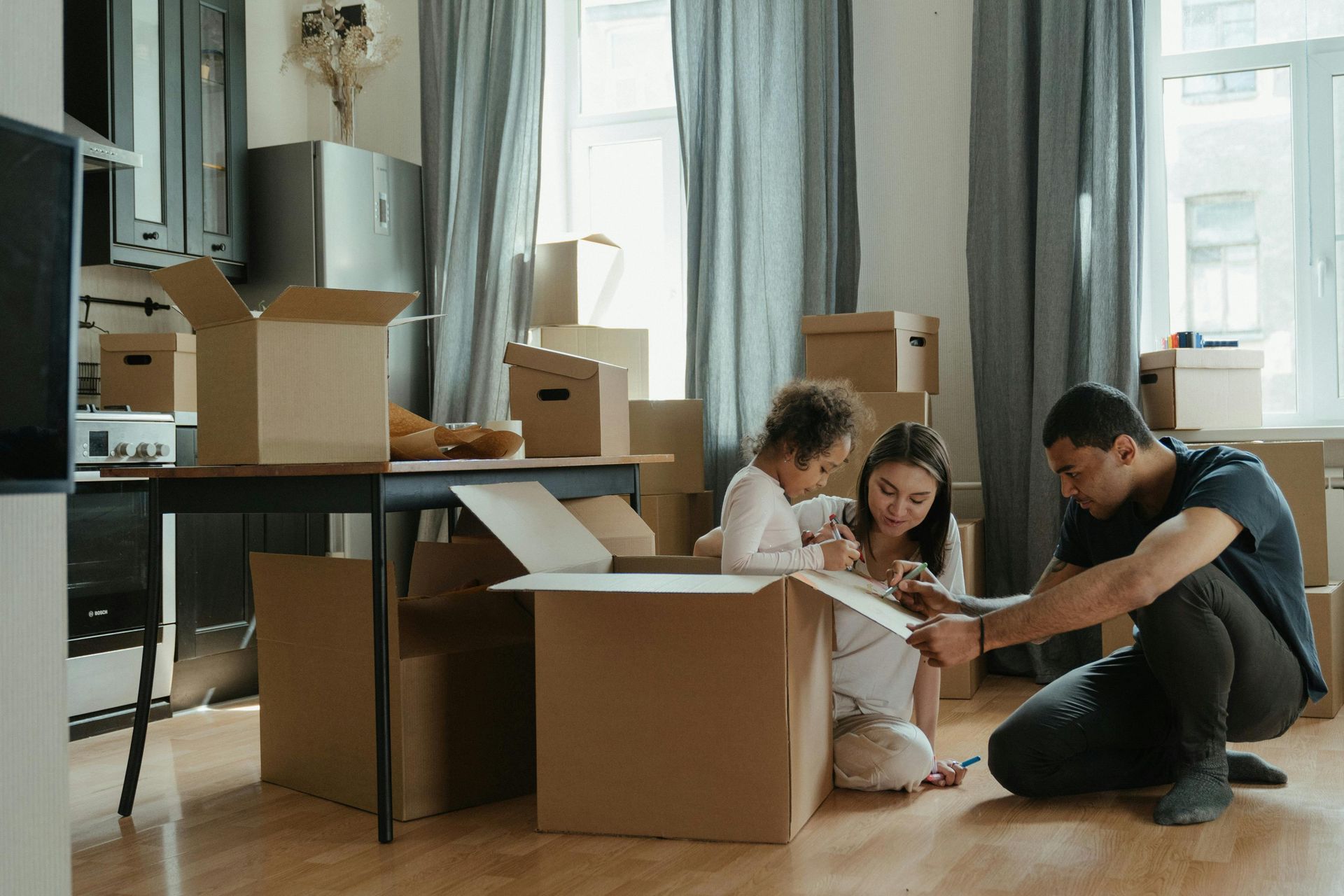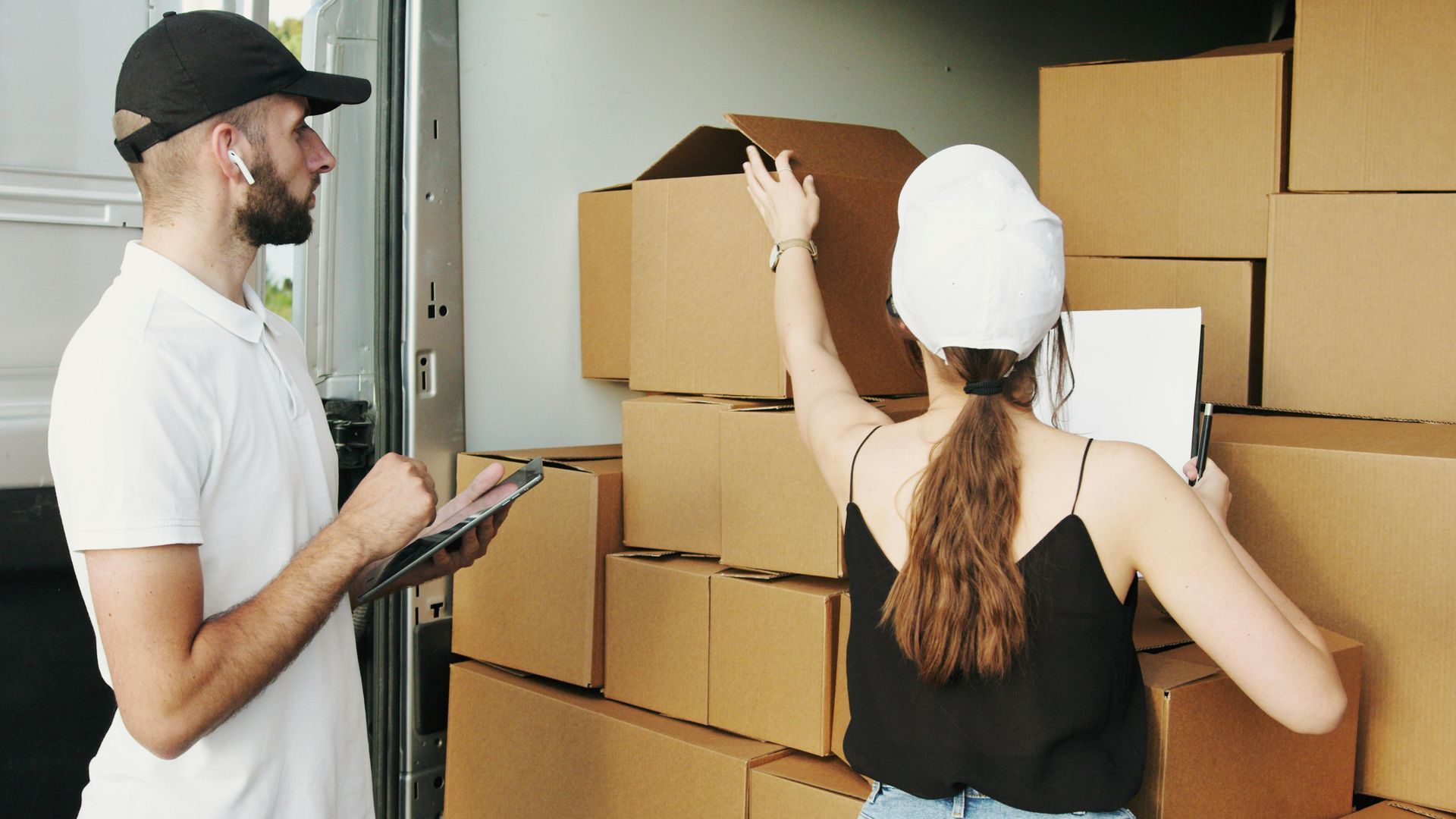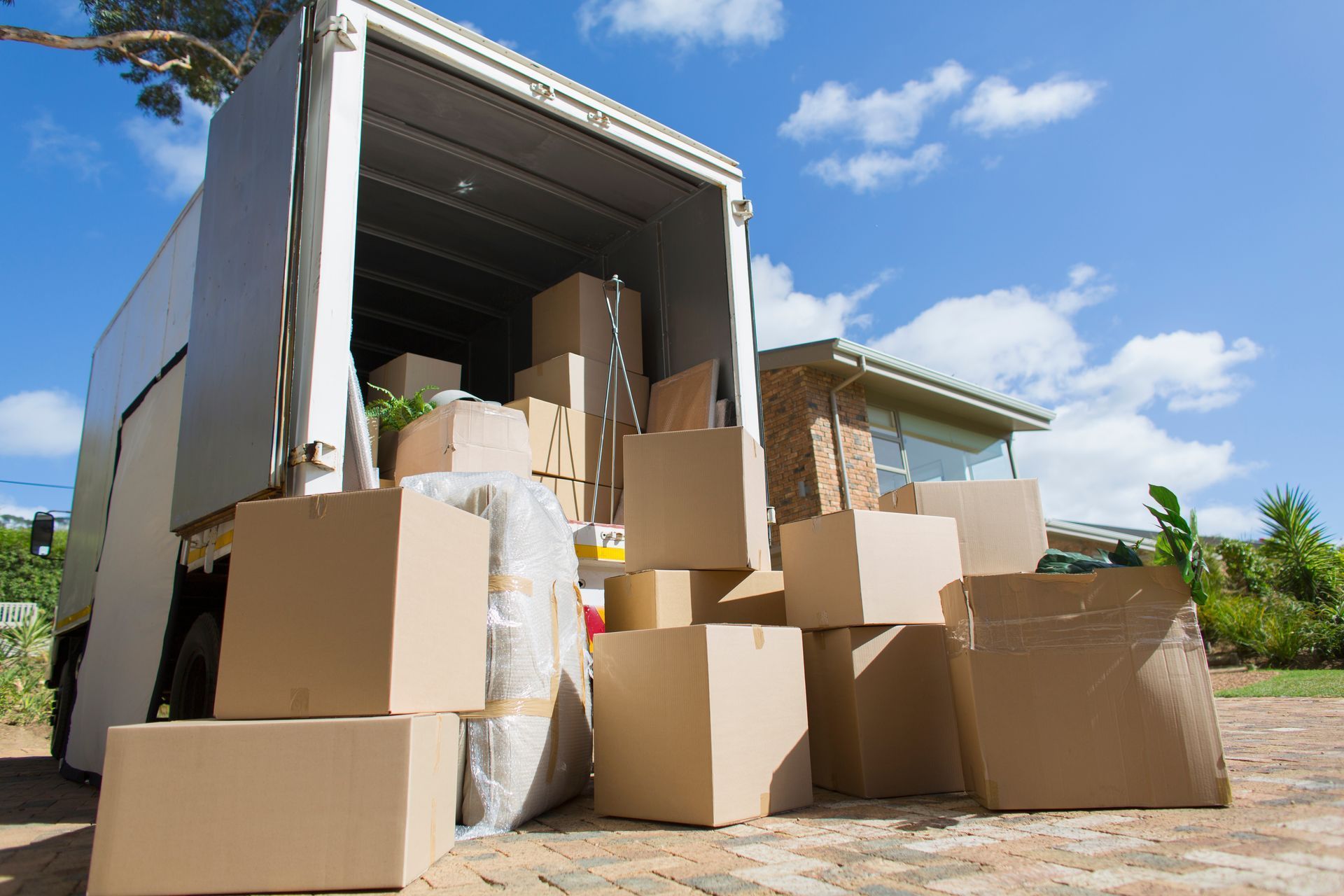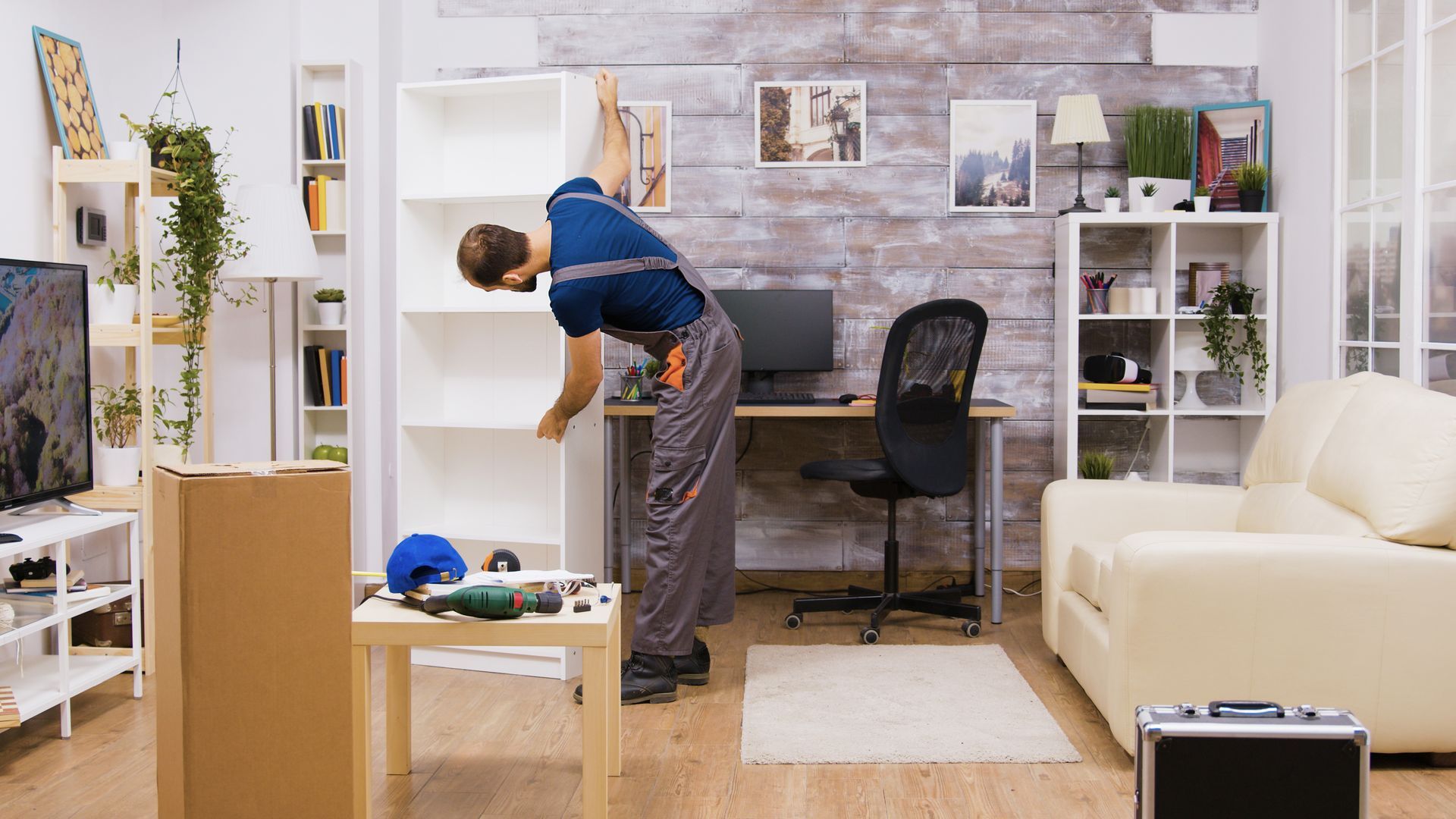Busy B-LINE MOVERS AND CARIERS
What Should I Do When Moving to a New City?
Moving to a new city can feel like a wild mix of excitement, stress, and endless to-do lists. Whether you're moving for a job, a fresh start, or just a change of scenery, it’s natural to feel overwhelmed. With the right planning, however, you can make the transition smoother and more enjoyable. So, what should you do when moving to a new city? Let’s dive into a comprehensive guide that covers everything from pre-move prep to getting to know your new neighborhood.
Preparing for Your Move: What to Do Before Relocating to a New City
Before you even think about packing that first box, there’s some serious prep work to do when moving to a new city. Getting organized ahead of time can save you from a lot of headaches later. Here’s how to get started:
- Research Your New City: Before moving, spend time learning about your new home. What’s the cost of living like? What neighborhoods are the best fit for your lifestyle? Are there parks, restaurants, or entertainment options nearby? Knowing these details will help you make informed decisions when it comes to choosing a home and making your move.
- Visit Before You Move (If Possible): If you can, visit the city before moving. A quick weekend trip can give you a better sense of the area, help you explore potential neighborhoods, and maybe even let you check out housing options in person.
- Budget for the Move: Moving is not cheap. From packing supplies and hiring movers to security deposits and travel expenses, costs can pile up quickly. Create a detailed budget that includes both the move and any costs you'll face once you arrive, like new furniture, utility setup fees, and more.
- Plan Your Moving Timeline: Having a solid timeline in place will help you stay organized and on track. Know when you need to give notice at your current place, when to book movers, and when to start packing. Having everything laid out can take a lot of the stress off your shoulders.
With a solid plan in place, your move will go from chaotic to controlled in no time.
Finding the Perfect Home in a New City
When moving to a new city, one of the biggest decisions you’ll make is where to live. Choosing the right neighborhood and home can be the difference between feeling like a local or always feeling like an outsider. Here are some tips to help you find the perfect spot:
- Consider Your Commute: While that dream apartment downtown may look tempting, think about how close it is to your job. A longer commute might get old fast, so factor in how far you’re willing to travel every day.
- Neighborhood Vibe: Are you looking for a bustling urban center, or do you prefer something quieter with tree-lined streets? Research different neighborhoods, read reviews online, and use social media to get a feel for the vibe of each area.
- Amenities: What’s nearby? If you love hiking, find a spot near trails or parks. If you’re a foodie, consider an area with lots of great restaurants and cafes. Having amenities that match your lifestyle can make your new city feel more like home.
- Cost of Living: Make sure the rent or mortgage fits into your budget. A house might be beautiful, but if it's going to leave you eating ramen every night, it might not be worth it. (Unless you really love ramen—no judgment here!)
Once you’ve figured out your priorities, you’ll be able to narrow down the perfect place to live. Don’t forget to factor in whether you need parking, pet-friendly spaces, or access to public transport.
Making Your Move Stress-Free: Packing and Hiring Movers
Now that you’ve picked out your new home, it’s time to tackle the physical part of moving: packing and logistics. Moving your entire life to a new city can feel overwhelming, but with some planning, you can make it smooth.
Packing Tips for a New City Move:
- Declutter First: Moving is a great time to get rid of things you don’t need. Donate, sell, or toss items that you haven’t used in the last year. You don’t want to drag unnecessary clutter to your new place.
- Label Boxes by Room: Label each box with the room it belongs in, not just the items inside. This makes unpacking in your new city much easier.
- Pack Essentials Separately: The last thing you want to do after a long move is dig through boxes to find your toothbrush. Pack a separate box or suitcase with your essentials for the first few days—think clothes, toiletries, phone charger, and anything else you’ll need right away.
Hiring Professional Movers:
Hiring professional movers can save you a ton of time and stress. Be sure to:
- Get Multiple Quotes: Don't settle for the first price you hear. Get estimates from a few reputable companies to make sure you're getting the best deal.
- Check Reviews: Before booking a moving company, do your research. Look at reviews online and ask for recommendations from friends or social media. You want movers who will treat your belongings with care.
- Verify Insurance: Make sure the movers have insurance to cover any damages or losses during transit. Accidents happen, and you want to be prepared.
By taking the time to declutter, pack efficiently, and hire the right movers, your relocation will be far more manageable. And let’s be honest—less stress makes everything better!
Settling Into Your New City: What to Do After the Move
So you’ve arrived in your new city—now what? Settling in can be just as important as the move itself. Here’s how to make the transition smooth:
- Unpack in Phases: Don’t try to unpack everything in one day (unless you want to turn your new place into a stress zone). Start with the essentials, like your bedroom, bathroom, and kitchen. Then, move on to the other rooms gradually.
- Set Up Utilities and Services: Make sure your utilities are set up right away. This includes water, gas, electricity, and Wi-Fi (because let’s be real, no one can live without Wi-Fi).
- Explore Your New Neighborhood: Get out and explore! Go for a walk, visit local coffee shops, and get a feel for your new environment. The sooner you familiarize yourself with the area, the more comfortable you’ll feel.
- Meet Your Neighbors: Whether you’re naturally social or more introverted, meeting your neighbors can make a big difference. It’s always helpful to know someone local, and they might even offer great tips about the area (like where to find the best pizza!).
Settling into a new city takes time, so be patient with yourself. Slowly but surely, you’ll find your favorite spots, meet new people, and feel more at home.
Get Help from B-LINE MOVERS AND CARRIERS for Your Next Move in Goshen, NY and the Treasure Valley Region!
Ready to make your move to a new city with less hassle? Let B-LINE MOVERS AND CARRIERS handle the heavy lifting! We specialize in professional moving services that take the stress out of relocating. Whether you’re moving across town or to an entirely new area, our team is here to help you every step of the way.
Call us at
(845) 419-4976 for expert moving services in
Goshen, NY, and the surrounding areas. From packing to transporting your belongings safely, we’re your trusted partner for a seamless move. Need help with more than just moving? We also offer assistance with packing and storage to ensure everything is taken care of from start to finish.
FAQs
How far in advance should I start planning my move?
It’s a good idea to start planning your move at least 8 to 12 weeks in advance. This gives you plenty of time to declutter, pack, and book professional movers.
What’s the best way to move fragile items?
Use bubble wrap, packing paper, or even soft clothing to protect fragile items. Clearly label boxes with “fragile” so movers know to handle them with extra care.
How can I meet people in a new city?
Join local clubs, attend community events, or use social apps like Meetup to find people with similar interests. Don’t be shy about introducing yourself to neighbors, either!
Should I hire professional movers or do it myself?
Hiring professional movers can save you time, energy, and stress, especially if you have a lot of belongings or are moving a long distance.
How do I update my address when moving to a new city?
Change your address with the post office, update your driver’s license, and notify any relevant institutions like banks, credit cards, and subscriptions.

